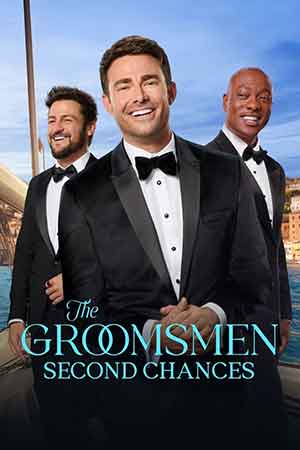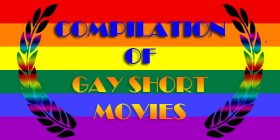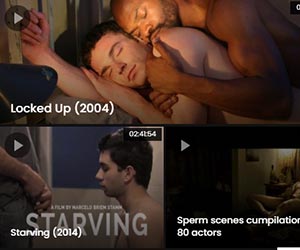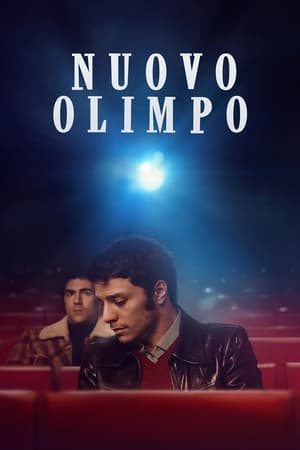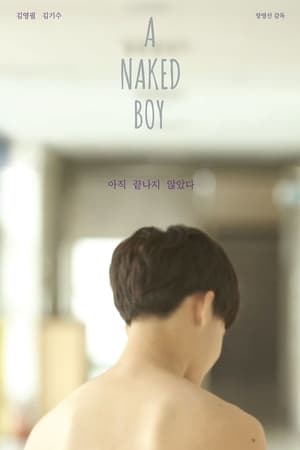Edge of Seventeen (1998) is one of those rare coming-of-age films that doesn’t try to sugarcoat the confusion, awkwardness, or emotional chaos of being a teenager — especially a gay one.
Coming-Out Journey in This 1998 Gay Film Classic
Set in the summer of 1984 in small-town Ohio, the film follows Eric, a high school student on the cusp of adulthood. He begins to question everything: his sexuality, his future, and even his taste in music. Spoiler alert — there’s a lot of Eurythmics involved. While working a summer job at a fast-food joint, Eric crosses paths with Rod, a confident older coworker. That encounter unlocks a flood of emotions he didn’t fully understand before.
Instead of giving us a polished queer hero, Chris Stafford portrays Eric with insecurity, silence, and real vulnerability. His experience isn’t glamorous or overly dramatized — it’s personal, awkward, and deeply human.
Characters That Define a Generation
Eric’s journey is supported by a memorable supporting cast. Tina Holmes as his best friend Maggie provides warmth and friction in equal measure. Meanwhile, Lea DeLaria adds some necessary comic relief and representation from the older queer generation. Their presence grounds the film and reminds us that identity doesn’t form in isolation — it grows through community.
Patrick (Andersen Gabrych), another young gay man Eric meets, helps push the story forward. However, it’s Eric’s internal battle that drives the film. That’s what makes it resonate so strongly: it isn’t about winning love, it’s about figuring out who you even are.
Why Edge of Seventeen Still Matters Today
This isn’t a fairy tale, and that’s the beauty of it. The 1980s setting brings a double layer of pressure: social expectations on one side, and silence around queer issues on the other. Even though the film was released in 1998, its themes still ring true today.
Edge of Seventeen – A Quiet, Lasting Impact
While Edge of Seventeen may not have made waves at the box office, its honest portrayal of a queer teen experience carved out space for more nuanced LGBTQ+ storytelling. It didn’t try to shock — it tried to reflect. And in doing so, it helped pave the way for future films that dared to tell quieter, more personal queer stories without fear or apology.
It’s not just coming-of-age. It’s coming into yourself.


